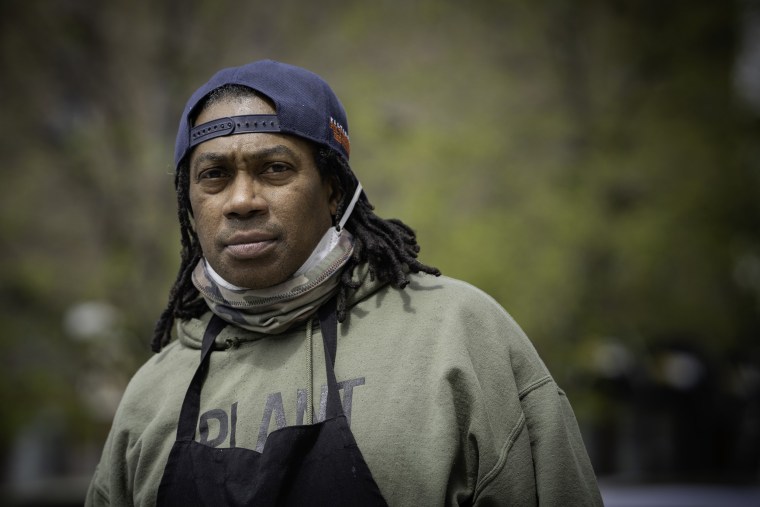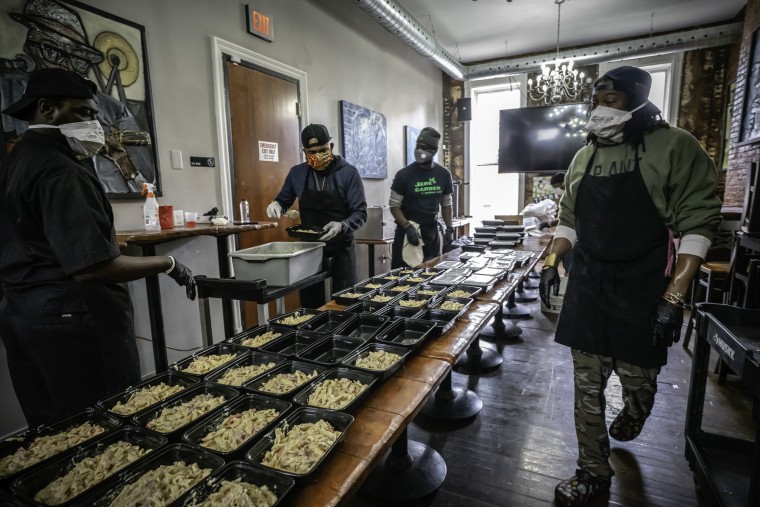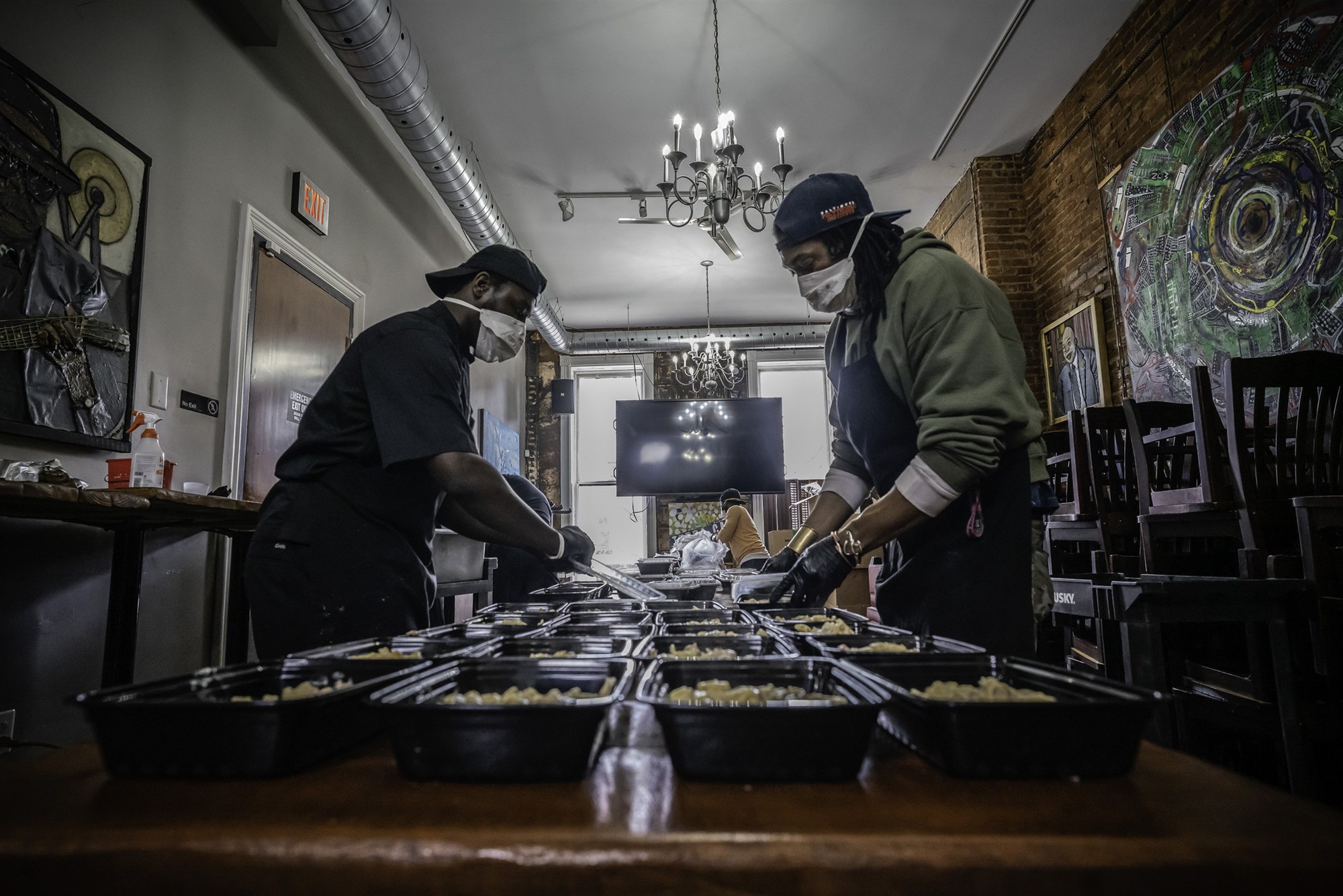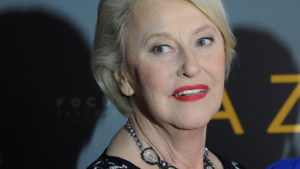“I’m tired of hearing about the money. I want to see the money,” said one African American owner of a small business.
Many black-owned small businesses are having trouble accessing the government’s emergency Paycheck Protection Program loans, despite a fresh round of CARES Act funding that includes $60 billion in set-asides for minority and other underserved borrowers.
The coronavirus loan program, executed by the Small Business Administration, offers up to $10 million in loans per customer that can turn into grants that don’t have to be repaid if certain rules are followed, such as using most of it for payroll, plus rent and utilities.
The program has been marred by administrative glitches and controversies since its hasty midnight launch on April 2. Funds effectively ran out in minutes as well-resourced companies — with the help of their bankers — muscled their way to the front, while mom-and-pop businesses were left wondering whether they even had a place in line.
Despite good intentions, the government’s emergency relief program leaves many feeling left behind. Black business leaders say the small-business programs need to do more to reach underserved borrowers.
“I hear a lot about making America great again. In order to have a great America, there has to be a great black America. In order to have that, we need great black businesses. We need access to capital,” said Ron Busby, president of U.S. Black Chambers, which advocates for African American businesses and chambers of commerce.
Despite good intentions, the government’s emergency relief program leaves many feeling left behind.
While the new set-asides are one step, some program rules leave out a large number of “community-development funding institutions” that could participate (the government maintains a searchable database of certified institutions here). There also needs to be funding for training and education in how to apply for the programs, Busby said.
Baltimore café owner Terence Dickson is desperately calling everyone he knows for some kind of help with his relief applications. He’s down to his last few hundred dollars in the personal savings account he’s been using to pay his staff. He has tried Bank of America, with which he has a business checking account; his personal bank; politicians who have used his café for campaign events; and even the Maryland lieutenant governor’s office.
“The financial industry has shown me no love for 20 years,” he said of his challenges qualifying for traditional bank loans. But he feels this program should be different. “It’s our goddamn money. It’s taxpayer money.”

At his Terra Cafe, a community-focused restaurant offering Southern comfort and soul food, along with an arts and events space, Dickson has been trying to pivot with the times since the coronavirus pandemic took hold. He’s increased delivery operations and tried to get the hang of Instagram and social media marketing, but sales have still plummeted.
Dickson is well aware of the numerous other programs besides PPP, such as the Economic Injury Disaster Loan, another type of relief offered through the SBA, as well as state, local and philanthropic grants. But neither he nor his fellow business owners in the “Black Wall Street” of Baltimore have had any success.
“I’m tired of hearing about the money. I want to see the money,” Dickson said.
Following inquiries from NBC News, Bank of America discovered that Dickson’s PPP application didn’t appear in the system, and it added him in.
Experts say the differences in access, while not intended by the program’s drafters or executors, are the results of social and economic inequities that must be taken into account by policymakers.
“There is a structural flaw in this program. It uses banks as middlemen. Any time you create a big program and give banks the ability to choose which customers it prioritizes, you’re going to have disparities,” said Mehrsa Baradaran, a law professor at the University of California, Irvine. “Credit disparities are where past injustices lead to present disparities.”
According to data from the payroll and human resources company Paychex, the top five industries hit hardest among black-owned businesses in terms of wages are accommodations and food services; arts, entertainment and recreation; manufacturing; construction; and transportation and warehousing.

Last Friday, the White House organized a call with African American stakeholders, lenders, business owners and community leaders after President Donald Trump signed a bill authorizing additional coronavirus relief funding.
With over 700 participants listening in nationwide, Ashley Bell, regional administrator for the SBA’s Southeast region, acknowledged difficulties with the PPP program’s design when it came to reaching black businesses.
Those that qualify need to apply quickly, Bell said, and reach out to their SBA regional directors if they need a list of nearby participating banks, including those taking new customers.
“You want to make sure you call your bank today,” he said. “If you want money tomorrow, call today.”
Devin Guinn, who owns a landscaping company in Dallas, is a black business owner. He and his crews are still out there planting trees and installing greenery for municipal and business clients. He was able to apply for a $10,000 advance loan but is still waiting to hear about his PPP application. He disagrees with the approach of a public program run through private banks that favored those with existing relationships.
“It’s completely unfair. This is an economic disaster affecting people no matter what race, religion or socioeconomic level,” he said. “That’s a form of discrimination that plays into the history of America.”




